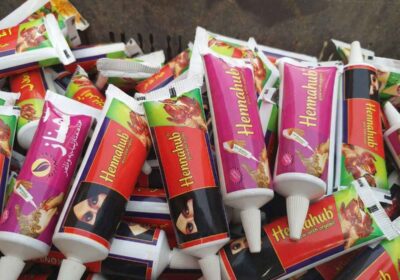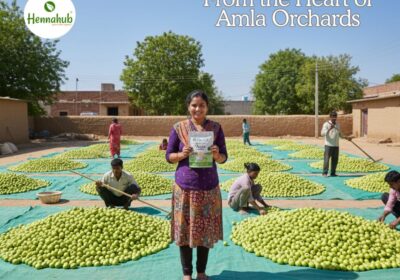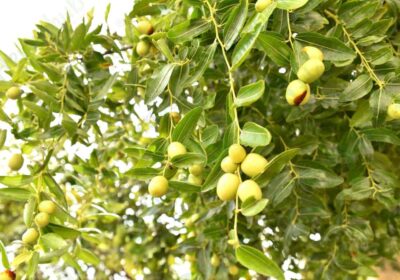North Africa’s Henna Trade: Overcoming Challenges in Exporting to Algeria
Discover the intricacies of North Africa’s henna trade, focusing on Algeria’s cultural heritage, the challenges faced by exporters, and the future prospects of this vibrant industry.
Introduction
Henna, a natural dye made from the Lawsonia inermis plant, has been a significant part of North African culture for centuries. Known for its deep cultural and religious significance, henna is especially prominent in Algeria, where it is used in various ceremonies and festivals. The henna trade in North Africa, particularly in Algeria, plays a vital role in the local and global economy. This article delves into the intricacies of North Africa’s henna trade, focusing on the challenges and strategies involved in exporting henna to Algeria.
Table of Contents
Toggle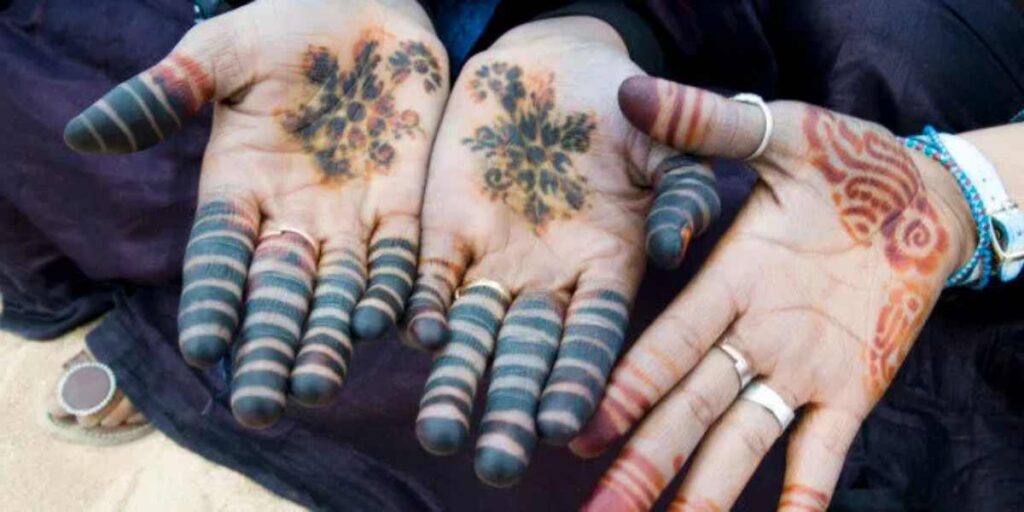
Geographical Context
Algeria, located in the northern part of Africa, boasts a diverse climate that significantly impacts henna cultivation. The southern regions, characterized by arid and semi-arid climates, are ideal for growing the Lawsonia inermis plant. These areas, including the provinces of Adrar and Tamanrasset, are renowned for their high-quality henna production. The unique climate conditions in these regions contribute to the distinct color and texture of Algerian henna, making it highly sought after in the international market. North Africa’s Henna Trade
Cultural Significance of Henna in Algeria
Henna has deep-rooted cultural significance in Algeria. Historically, it has been used for various purposes, including medicinal, cosmetic, and ritualistic applications. During weddings, festivals, and religious ceremonies, henna is used to create intricate designs on the skin, symbolizing beauty, luck, and protection. The tradition of henna application is passed down through generations, reflecting the rich cultural heritage of Algeria.
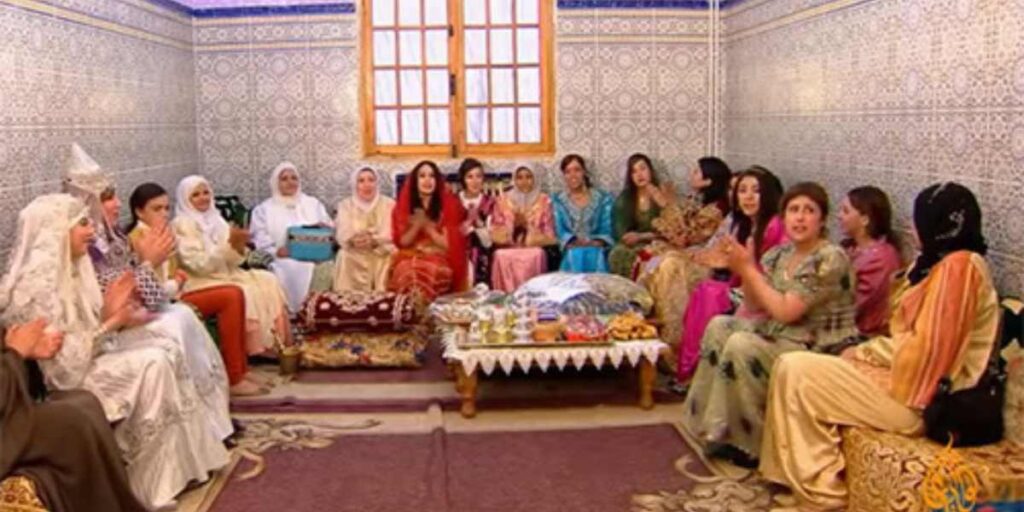
The Henna Trade in North Africa
The henna trade in North Africa is a thriving industry, with Algeria being one of the key players. North African henna is exported to numerous countries worldwide, including Europe, the Middle East, and North America. The region’s unique climate and soil conditions produce high-quality henna, making it a preferred choice for many international buyers. Key players in the market include large agricultural cooperatives, small family-owned farms, and specialized henna suppliers. North Africa’s Henna Trade
Role of Henna Suppliers
Henna suppliers play a crucial role in the trade, acting as intermediaries between farmers and international buyers. They are responsible for sourcing high-quality henna, ensuring it meets international standards, and managing the logistics of export. Major henna suppliers in Algeria include both local and international companies that have established strong networks within the industry. Effective supply chain management is essential to maintain the quality and consistency of exported henna. North Africa’s Henna Trade
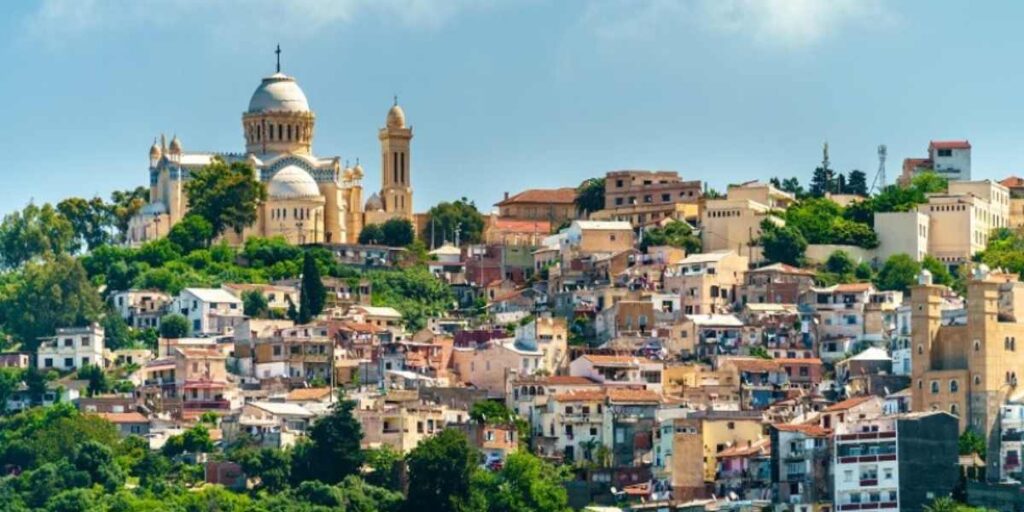
Exporting Henna to Algeria
Exporting henna to Algeria involves navigating a complex set of regulations and requirements. Exporters must comply with both local and international standards, which include obtaining necessary certifications and documentation. Common challenges in the export process include ensuring product quality, meeting packaging requirements, and managing transportation logistics. Successful exporters often collaborate with local authorities and industry associations to streamline these processes.
Challenges in the Henna Trade
The henna trade in North Africa faces several challenges. Environmental challenges, such as climate change and droughts, can impact henna cultivation and production. Economic challenges include market competition and fluctuating prices, which can affect profitability. Political challenges, including trade policies and regulations, can also pose obstacles to exporters. Navigating these challenges requires a strategic approach and collaboration among industry stakeholders. North Africa’s Henna Trade
Overcoming Challenges in Henna Export
To overcome environmental challenges, henna farmers and exporters can adopt sustainable farming practices and invest in irrigation systems to mitigate the effects of drought. Economic solutions include implementing competitive pricing strategies and exploring new markets to expand their customer base. Navigating political challenges involves staying informed about trade policies, engaging in policy advocacy, and ensuring compliance with regulations. Successful exporters often leverage technology and innovation to enhance their operations and improve efficiency.
Success Stories in Henna Export
There are several success stories in the North African henna trade that serve as inspiration for others. One notable example is a cooperative in Adrar that transformed its small-scale production into a major export operation. By focusing on quality, building strong relationships with international buyers, and adopting modern agricultural practices, the cooperative significantly increased its market share. These success stories highlight the importance of perseverance, innovation, and collaboration in the henna trade.
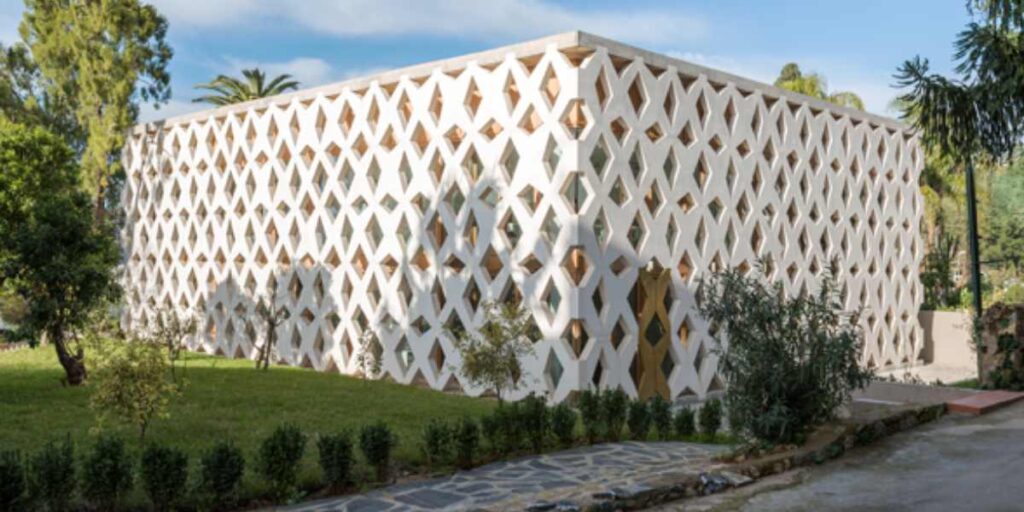
Future of Henna Trade in North Africa
The future of the henna trade in North Africa looks promising, with potential for growth in several areas. Increasing demand for natural and organic products is likely to boost the market for henna. Technological advancements in agriculture and logistics can further enhance production and export efficiency. Additionally, greater awareness of the cultural significance of henna can drive demand in new markets. The role of technology in the future of henna trade cannot be overstated, as it offers solutions to many of the challenges currently faced by exporters.
Conclusion
In conclusion, the henna trade in North Africa, particularly in Algeria, is a vibrant and essential industry. Despite the challenges, exporters continue to find innovative solutions to navigate the complexities of the market. The cultural significance of henna, combined with its economic importance, underscores the need for continued support and development of this industry. By embracing sustainability, leveraging technology, and fostering collaboration, the future of the henna trade in North Africa holds great promise.
FAQs
1. What is the historical significance of henna in Algeria?
Henna has been used in Algeria for centuries, primarily for its cosmetic and medicinal properties. It holds cultural significance in various ceremonies and festivals, symbolizing beauty, luck, and protection.
2. What are the main challenges faced by henna exporters in Algeria?
Henna exporters in Algeria face environmental challenges such as climate change and droughts, economic challenges like market competition and fluctuating prices, and political challenges including trade policies and regulations.
3. How can henna exporters overcome economic challenges?
Henna exporters can overcome economic challenges by implementing competitive pricing strategies, exploring new markets, and leveraging technology to improve efficiency and reduce costs.
4. What is the future outlook for the henna trade in North Africa?
The future of the henna trade in North Africa looks promising, with potential growth driven by increasing demand for natural products, technological advancements, and greater cultural awareness.
Click here to buy henna powder in bulk: click here
Click here to buy herbal henna powder in bulk: click here
Click here to buy sidr powder in bulk: click here
Click here to buy amla powder in bulk: click here
Click here to buy reetha powder in bulk: click here
Click here to buy shikakai powder in bulk: click here
Read more blog: Click here
Read more : The Natural Henna Connection: India’s Henna Powder Exports Flourishing in Morocco


